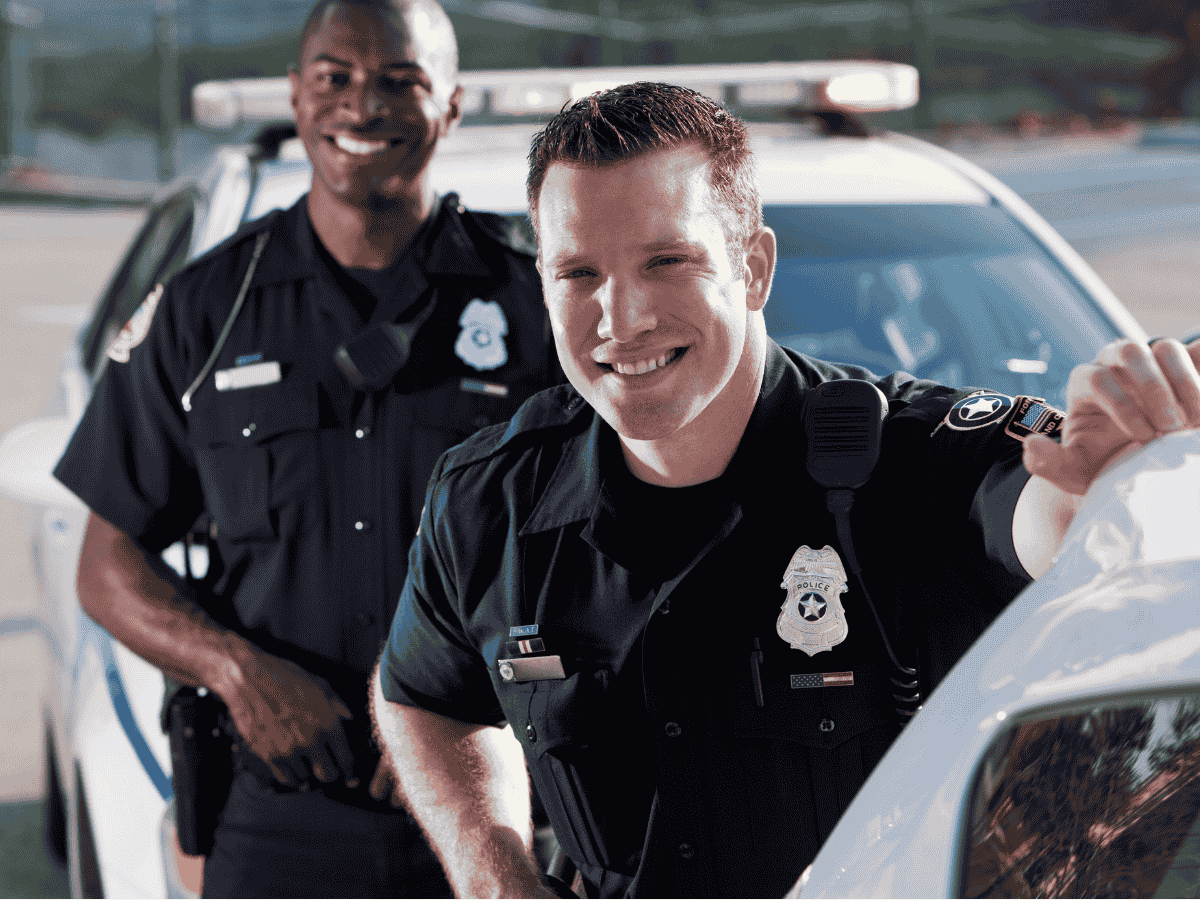Some specialized police units benefit from ACLS training to enhance their ability to manage high-risk medical emergencies in the field. This advanced course covers complex cardiac emergency care, including ECG recognition, medication administration, and coordinated team response. ACLS training is particularly valuable for officers assigned to tactical medical roles, special response teams, or supervisory positions, where rapid decision-making and advanced lifesaving skills can significantly improve patient outcomes.


